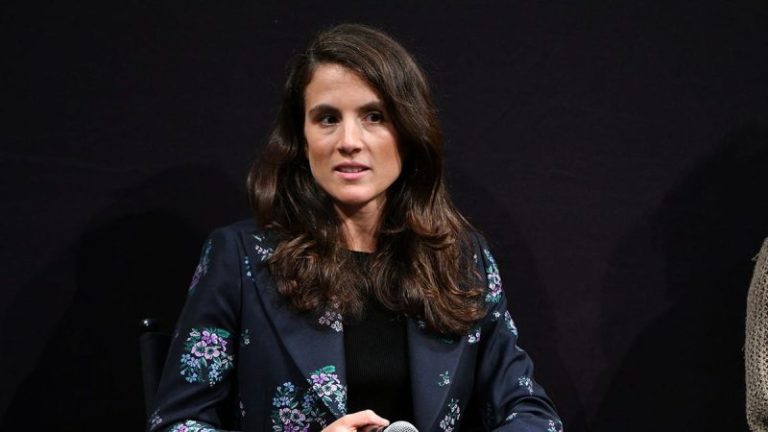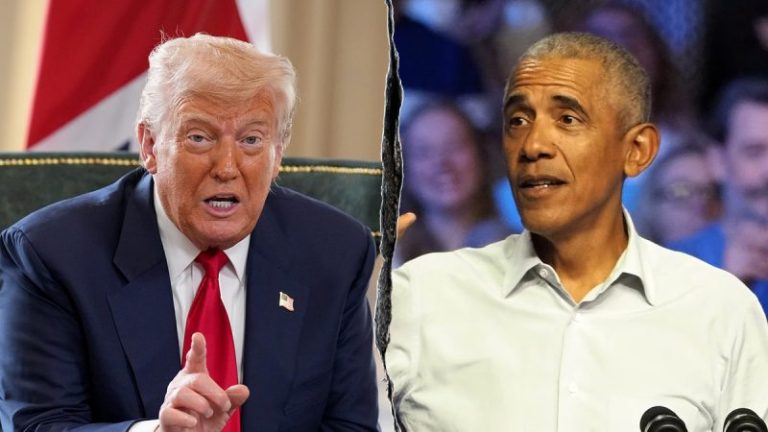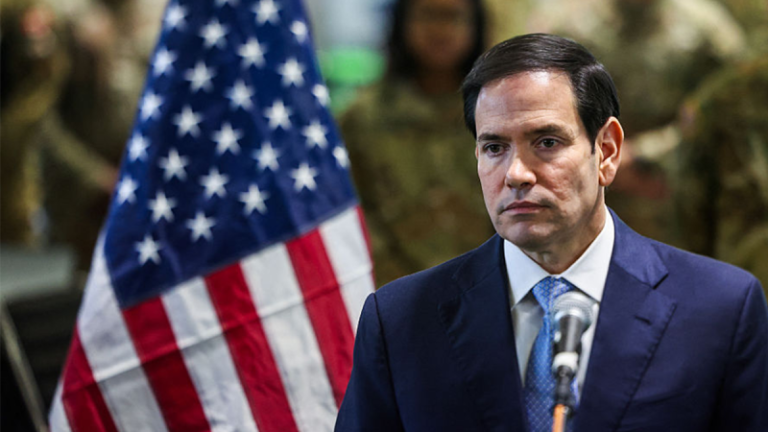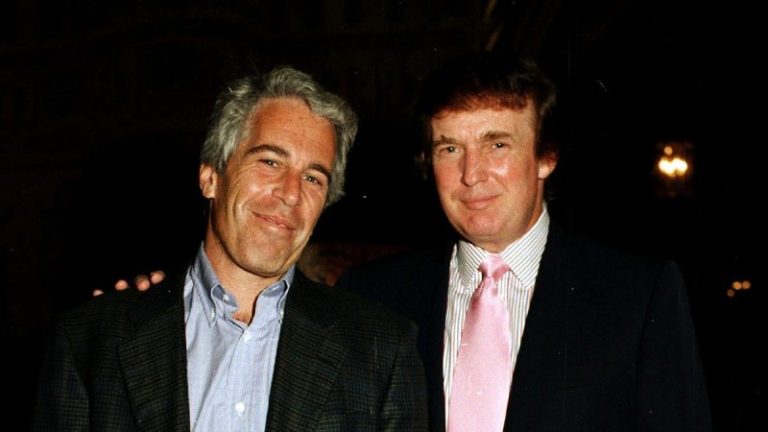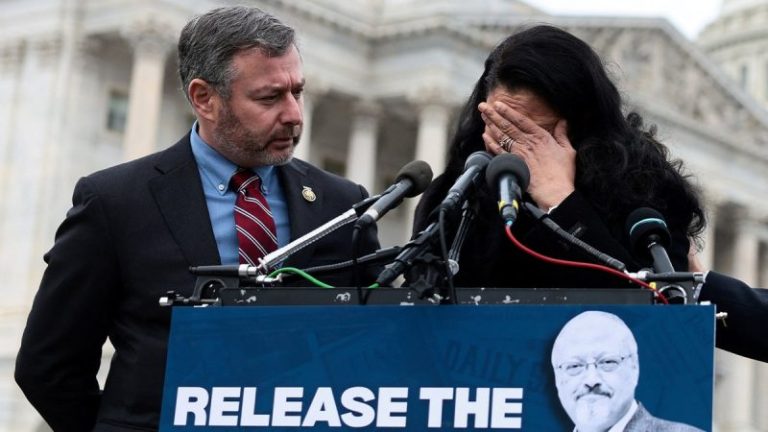Former President John F. Kennedy’s granddaughter, Tatiana Schlossberg, announced on Saturday — exactly 62 years after he was assassinated — that she has terminal cancer.
The 35-year-old said she was diagnosed with acute myeloid leukemia, with a rare mutation called Inversion 3, soon after the birth of her daughter in May 2024, and that doctors recently told her she probably has about a year to live.
‘My first thought was that my kids, whose faces live permanently on the inside of my eyelids, wouldn’t remember me,’ she wrote in an essay for The New Yorker. ‘My son might have a few memories, but he’ll probably start confusing them with pictures he sees or stories he hears.’
She said she ‘didn’t ever really get to take care of my daughter—I couldn’t change her diaper or give her a bath or feed her, all because of the risk of infection after my transplants. I was gone for almost half of her first year of life. I don’t know who, really, she thinks I am, and whether she will feel or remember, when I am gone, that I am her mother.’
She said the diagnosis was shocking because she felt perfectly healthy.
‘I did not—could not—believe that they were talking about me,’ she wrote of the first talk of leukemia. ‘I had swum a mile in the pool the day before, nine months pregnant. I wasn’t sick. I didn’t feel sick. I was actually one of the healthiest people I knew.’
She said the cancer is mostly seen in older patients and doctors frequently asked her if she had spent much time at Ground Zero in New York City, which she had not.
Schlossberg, who is the daughter of Caroline Kennedy, JFK’s oldest surviving daughter, described in heartbreaking detail her months on end of different treatments to beat the cancer.
She went through a round of chemotherapy to ‘reduce the number of blast cells in my bone marrow,’ then received a bone-marrow transplant with the help of her sister.
She said after she went into remission and went home she had no immune system and had to get all of her childhood vaccines again.
Then she relapsed, her doctor telling her that leukemia with her mutation ‘liked to come back.’
At the beginning of the year, she joined a clinical trial of CAR-T-cell therapy, ‘a type of immunotherapy that has proved effective against certain blood cancers.’
That was followed by another round of chemotherapy and a second blood transfusion from an unrelated donor.
‘During the latest clinical trial, my doctor told me that he could keep me alive for a year, maybe,’ she wrote.
She also wrote of her concerns after her cousin Robert F. Kennedy Jr., whom she called an ’embarrassment,’ was nominated as secretary of Health and Human Services.
‘Suddenly, the health-care system on which I relied felt strained, shaky,’ she wrote. ‘Doctors and scientists at Columbia [Presbyterian hospital], including [her husband] George, didn’t know if they would be able to continue their research, or even have jobs.’
She praised the rest of her family, whom she said sat at her bedside while she endured treatments and took care of her children.
Of her husband, urologist George Moran, she wrote, ‘he is perfect, and I feel so cheated and so sad that I don’t get to keep living the wonderful life I had with this kind, funny, handsome genius I managed to find.’
Her brother Jack Schlossberg, who is running for congress in New York, wrote on his Instagram on Saturday, ‘Life is short, let it rip.’
View this post on Instagram
Her mother’s cousin, Maria Shriver, shared her essay on Instagram, writing, ‘If you can only read one thing today, please make take the time for this extraordinary piece of writing by my cousin Caroline’s extraordinary daughter Tatiana. Tatiana is a beautiful writer, journalist, wife, mother, daughter, sister, and friend.’
Tatiana added in her essay, ‘For my whole life, I have tried to be good, to be a good student and a good sister and a good daughter, and to protect my mother and never make her upset or angry. Now I have added a new tragedy to her life, to our family’s life, and there’s nothing I can do to stop it.’
Robert F. Kennedy Sr., her mother, Caroline Kennedy’s uncle, was assassinated five years after JFK, and along with having two siblings who died in infancy, Caroline’s only surviving brother, JFK Jr, died in a plane crash in 1999.
Schlossberg’s grandmother, Jacqueline Kennedy Onassis, also died of cancer in 1994, of non-Hodgkin lymphoma when she was 64.
She finished her essay by saying that she lives to be with her children now.
‘But being in the present is harder than it sounds, so I let the memories come and go,’ she admitted. ‘So many of them are from my childhood that I feel as if I’m watching myself and my kids grow up at the same time.’
She added, ‘Sometimes I trick myself into thinking I’ll remember this forever, I’ll remember this when I’m dead. Obviously, I won’t. But since I don’t know what death is like and there’s no one to tell me what comes after it, I’ll keep pretending. I will keep trying to remember.’

